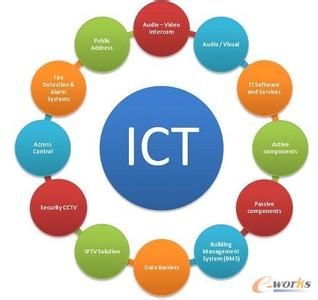Resilience has become an emerging topic in various fields of academic research. In spite of its widespread use, there remains conceptual confusion over what resilience means particularly in multi-disciplinary studies including the field of ICT and Development. With the potential of digital technology, research is needed to critically question what key socio-institutional values related to resilience are being strengthened, for what and for whom through the different conceptualizations of resilience. In this study, we conduct an interpretive case study on South Korea's response to the pandemic and construct a chronological narrative to identify key aspects of digital resilience. We identify agility, diversity, and plurality - enabled by active roles of various stakeholders, including citizens, research communities, and private sector - as keys to digital resilience to the pandemic. Findings from the case of South Korea provide implications to ICT4D research while discussing how developing countries, where a national single window platform is typically implemented with greater level of homogeneity, achieve digital resilience with inclusive innovation with plurality of diverse platforms.
翻译:在学术研究的各个领域,复原力已成为一个新兴主题。尽管广泛使用,但对于复原力的含义,特别是在包括信通技术与发展领域在内的多学科研究中,在概念上仍然存在混淆。由于数字技术的潜力,需要开展研究,以批判性地质疑哪些与复原力相关的关键社会-机构价值观正在得到加强,哪些社会-机构价值观正在通过不同的复原力概念化而得到加强,哪些社会-机构价值观正在得到加强,哪些社会-机构价值观正在得到加强。在本研究中,我们对韩国应对该大流行病的对策进行解释性案例研究,并构建一个时间顺序描述,以确定数字复原力的关键方面。我们确定,由包括公民、研究界和私营部门在内的各利益攸关方的积极作用所促成的灵活性、多样性和多元性是应对这一大流行病的数字复原力的关键。韩国案例的研究结果为信通技术4D研究提供了影响,同时讨论了发展中国家如何在通常以更高水平的同质实施国家单一窗口平台的情况下,以多种平台的包容性创新实现数字复原力。


